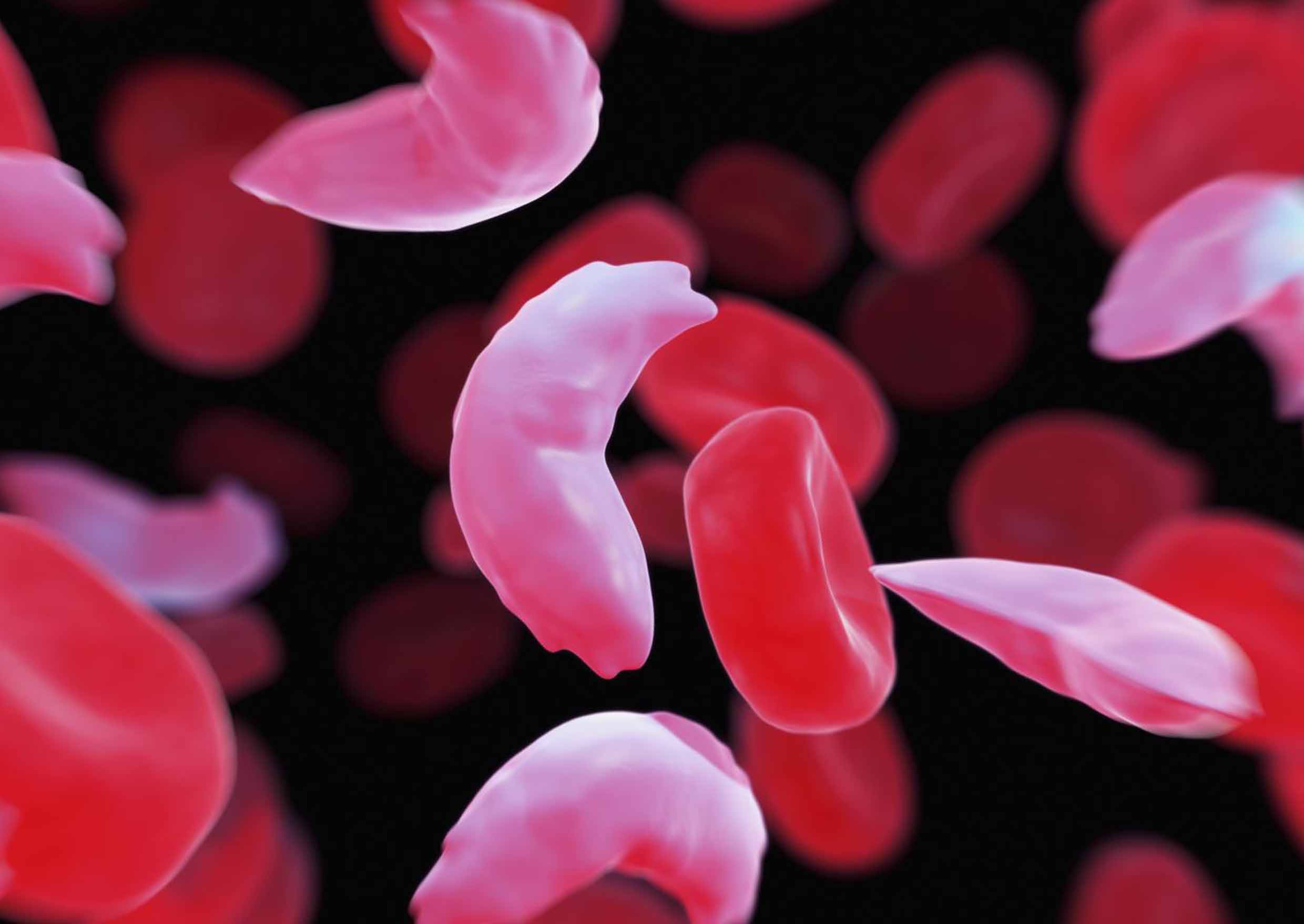Sickle cell is a genetic disorder of red blood cells. Your red blood cells contain hemoglobin, which carry oxygen. Normal red blood cells are round and move through blood vessels easily.
In sickle cell disease, the red blood cells are C-shaped, resembling a sickle. These cells don't pass through blood vessels easily, often getting stuck and clogging blood flow to your body. Fortunately, our doctor can help treat sickle cell.
Symptoms
When you have sickle cell disease, the C-shaped cells become sticky and hard, and die off early. This causes a constant inadequate supply of blood cells. When you have sickle cell, you may experience:
- Anemia, with dizziness, rapid heart rate, pale skin, jaundice, delayed growth
- Acute chest syndrome, with chest pain, coughing, breathing problems, and fever
- Avascular necrosis, with death of bone tissue, and joint pain
- Blood clots, with swelling, pain, and skin redness
- Hand-foot syndrome, with swelling in the hands and feet and fever
- Leg ulcers, with open sores, pain, and swelling
- Increased infections including the flu, meningitis, and pneumonia
- Kidney problems, with frequent urination, blood in the urine, nausea, vomiting, and fatigue
- Liver problems, abdominal pain, jaundice, nausea, and vomiting
Turning the Tide on Sickle Cell: Seek Specialized Treatment Now!
Don't let sickle cell dictate your life. Turn the tide with our specialized treatment options at Compassionate Specialty Clinic. Our team is dedicated to empowering you on your journey to better health. Connect with us today.
Prevention
You can do a lot to prevent serious complications of sickle cell if you:
- Visit our doctor regularly for monitoring
- Take medications as prescribed by your doctor
- Prevent infections by washing your hands regularly
- Eat a healthy diet and stay hydrated
Curate
Depending on the severity of sickle cell, your doctor may recommend:
- Taking medication including hydroxyurea
- Blood transfusions to treat severe anemia
- A bone marrow transplant in serious cases
Want To Know More?
Our doctors can help with sickle cell. To find out more about the signs, symptoms, and treatment of sickle cell, call Compassionate Specialty Clinic in Greenbelt, MD. You can reach us in the office by calling (301) 902-0664, so call today.



